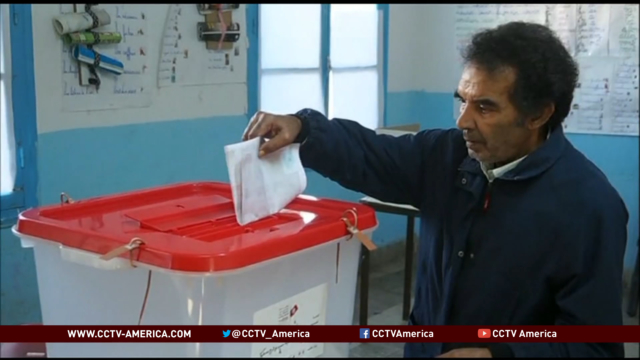Polls have closed for Tunisia’s first presidential election since the 2011 uprising. This is also Tunisia’s first direct presidential election. Among the more than two-dozen presidential candidates is Beji Caid Essebsi, an 87-year-old member of the former regime.
Tunisians lined up at polling stations on Sunday to vote in the North African country’s first free and open presidential election. The vote marks the long-awaited completion of a rocky transition to democracy after Tunisians electrified the region by overthrowing dictator Zine El Abidine Ben Ali in 2011, kicking off the Arab Spring pro-democracy uprisings.
Beji Caid Essebsi is the current frontrunner, a veteran politician from the previous regime who gained support with talk of a return to stability after years of economic and political turmoil.
If no candidate gains an outright majority, the vote will go to a run off held in December. Alone among the countries of the Arab Spring, Tunisia’s transition has remained on track.
For more on the election, CCTV America interviewed Cole Bockenfeld. He’s the advocacy director for the Project on Middle East Democracy. He is also an accredited election observer, and has been monitoring the polls at the Tunisian embassy.

 CGTN America
CGTN America
